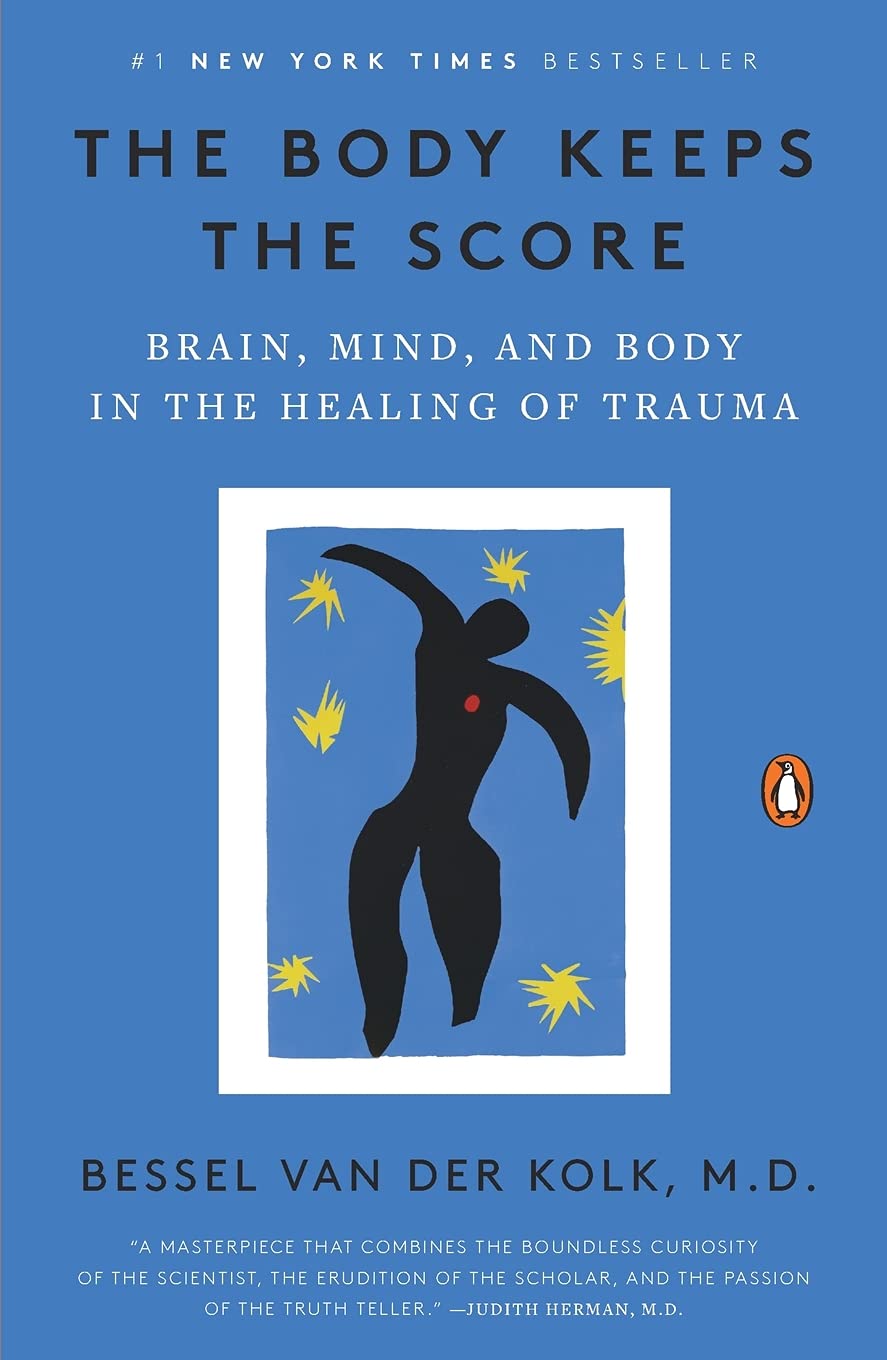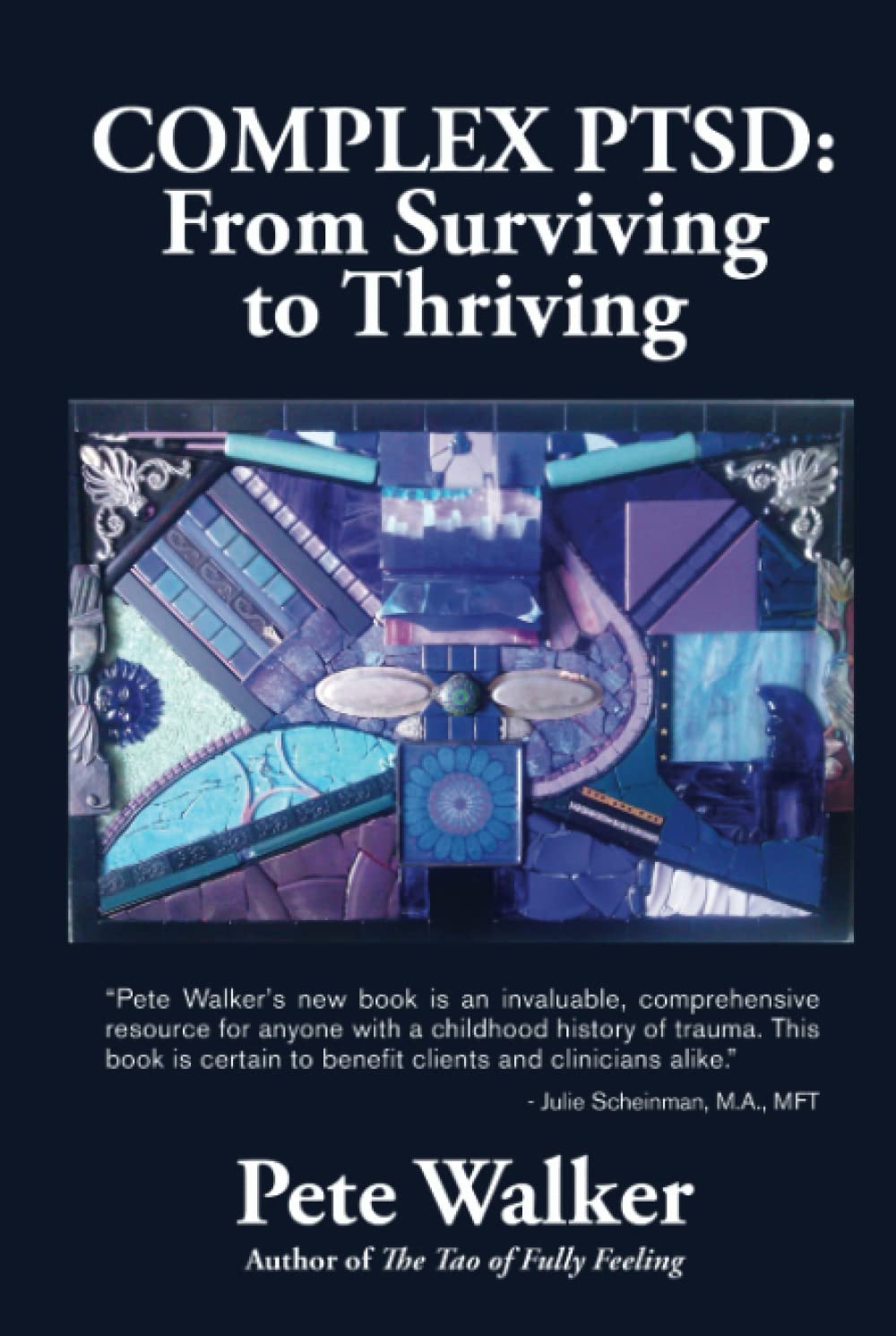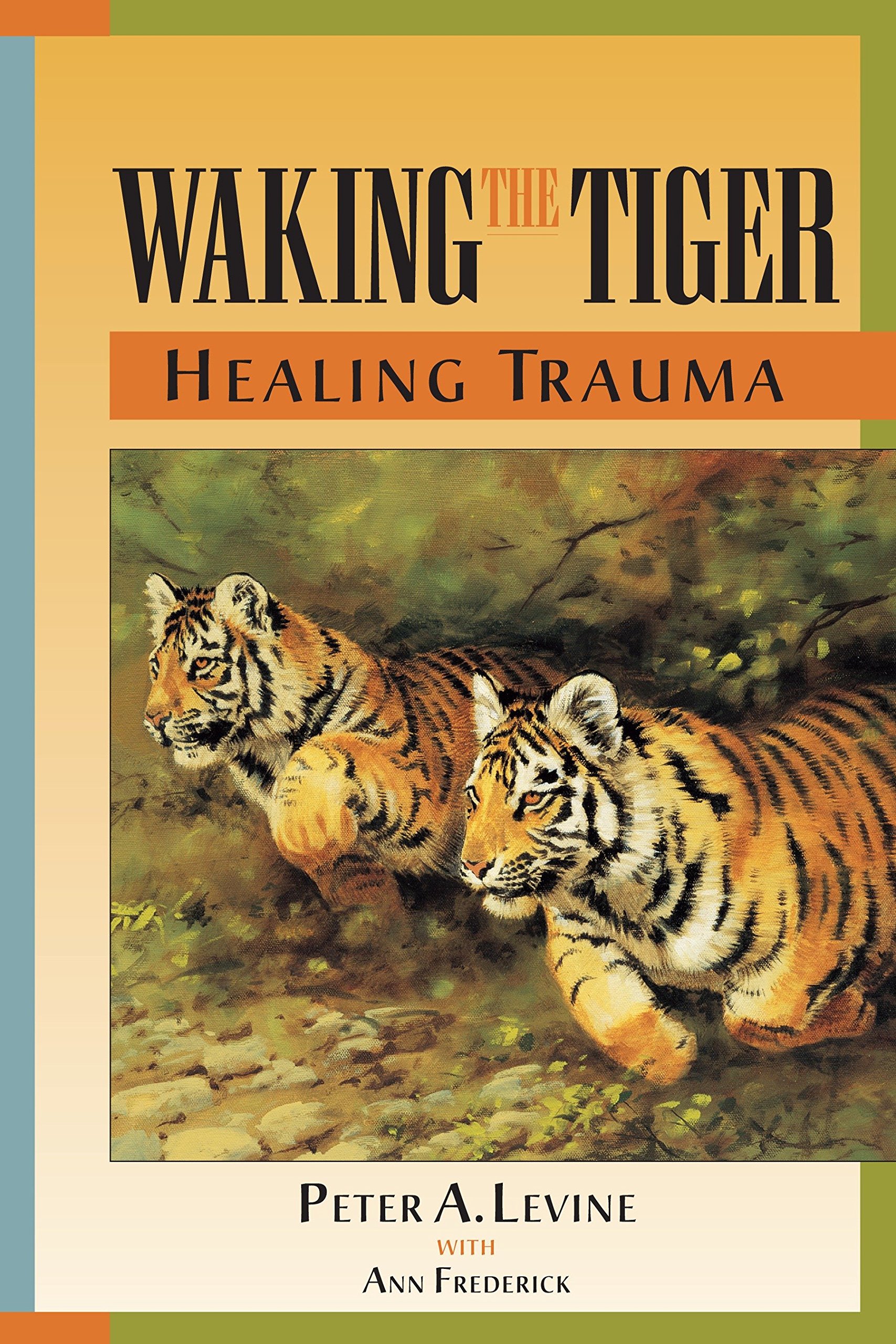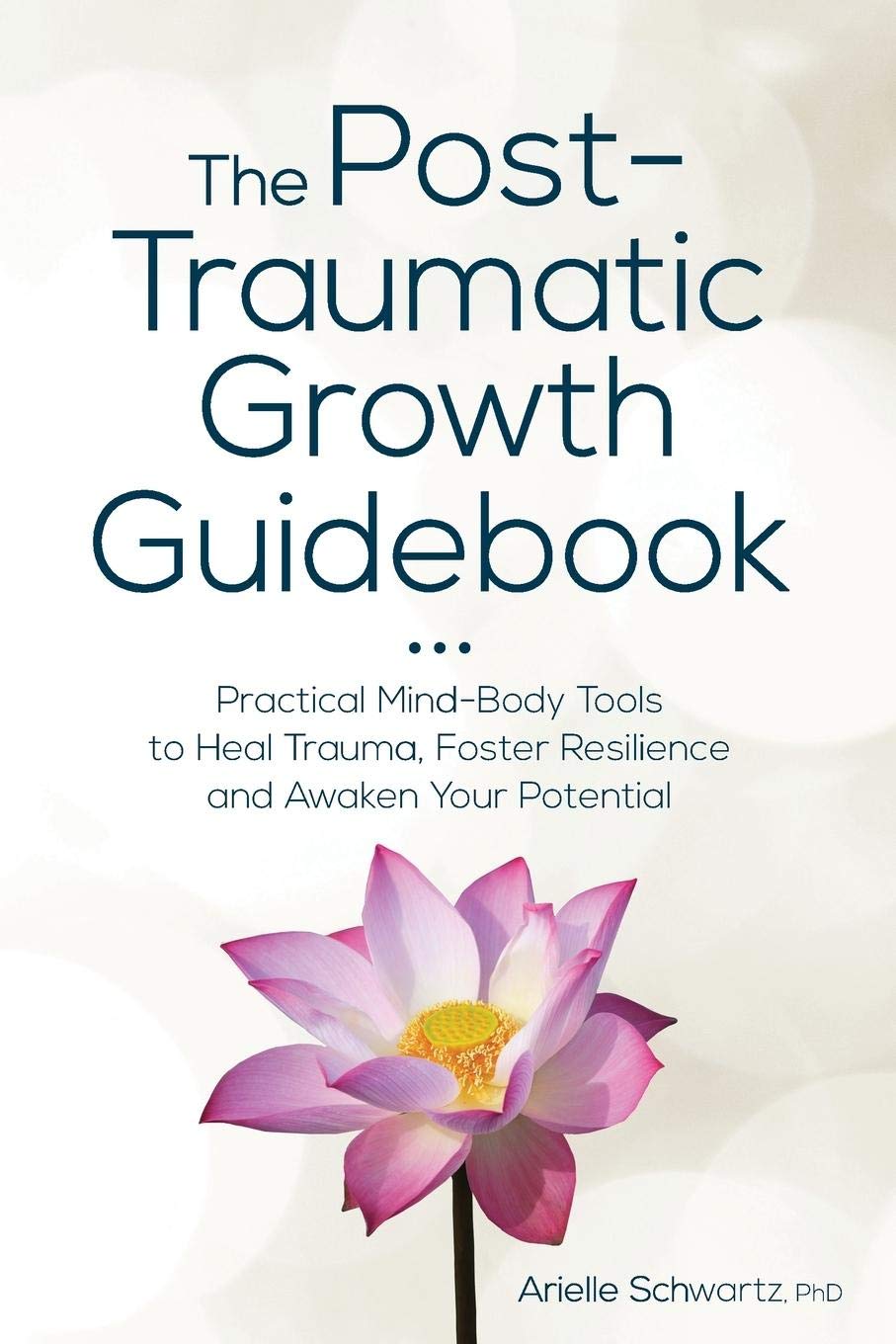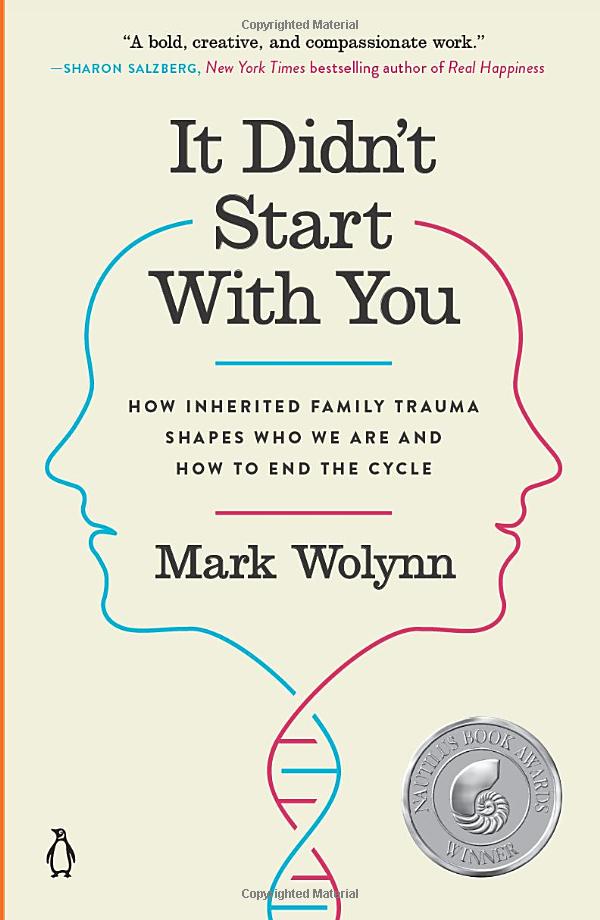Trauma has a profound effect on mental health It doesn’t matter if the trauma is ongoing (like sexual abuse) or one-off (like a car accident or house fire). Trauma can affect anyone, including children, teenagers, and adults.
Relational trauma however occurs when a close relationship, usually a caregiver, is damaged.
Abuse by others can cause childhood relational trauma, or even being bullied can have long-term effects. However, caregiver abuse and neglect are usually the root cause of relational trauma. The term “relational” refers to a close relationship. Relational trauma can be caused by abuse, abandonment, or enmeshment which we will cover in more depth.
While the term “relational trauma” usually refers to childhood traumatic events, traumatic events in teen and adult lives can also contribute to relational trauma and thus two types of relational trauma are defined in relational trauma in childhood and relational trauma in adulthood.
Relational trauma occurs most often in childhood when the parent-child bond is disrupted in some significant and negative way.
These primary relationships influence all subsequent relationships thereafter including the relationships with oneself.
Children raised in these disruptions often experience confusion, uncertainty, anxiety, depression, and feelings of unworthiness often blaming themselves when things go wrong and these emotions and feelings persist into their adulthood wherein they develop “coping mechanisms” to deal with the underlying feelings.
Childhood complex traumas may include events such as sexual, physical, and emotional abuse, trafficking, torture, kidnapping are in the definition but many “traumatic events in childhood” are seemingly less pronounced and can be the result of life circumstances such as medical trauma, parental neglect, and or the all too common abandonment trauma. Relational trauma symptoms may include more social adaptations of peoples lives like neediness, overdependence on others (especially in the case of partners or romantic interests) and/or volatile and uncontrollable emotions.
People that have grown up in these circumstances often suffer from low self-esteem, confidence, and self-worth. Other symptoms include stress-induced helplessness or frustration is common, as is a distrust of intimacy, despite the desire for a romantic relationship. Fear of making friends or socialising in public, distrust of authority figures, and other antisocial personality traits or attitudes.
Instead of working through these negative memories and events, many people keep revisiting them, reliving them until these experiences form an identification as to “who they are”. This process of re-living the events indefinitely is often sub-conscious and contributes to a wide range of emotional upheaval including the extremities of addictions, depression, anxiety and other disparity.
Abusive relationships can wreak havoc on your emotional and mental health both from childhood and into adulthood and it’s the accumulation of these experiences that can misalign our views and beliefs on how we live our lives.
When someone you love and trust starts criticising you, putting you down, controlling or manipulating you, neglecting you or becomes physically or sexually abusive. There is a far deeper emotional bond that gets broken. In adult life, we are generally guarded enough to rationalise emotionally distressing events towards an emotional conclusion, however, this is not how a child mind functions.
Children need caregivers to help them understand their emotions and how to defuse stressful things happening in their minds. This it stands to reason that if the caregiver is the cause of the emotional turmoil the learned outputs can create a psychological climate that can take a lifetime to unravel and heal.
Relational trauma can also be caused by seemingly non-occurrences such as physical or emotional neglect. Emotional neglect is a pattern of ignoring, invalidating, or undervaluing a partner’s or child’s affectionate needs. We’re so used to focusing on the “abuses” that we overlook those caused by “absence”.
The lack of affection, support, encouragement, attention or being consistently ignored, invalidated, or unappreciated as a child. Emptiness can manifest in various ways. A noticeable empty feeling in the belly or chest. Others describe it as emotional numbness, apathy, drifting through life on autopilot, and being unfulfilled. Survivors of childhood emotional neglect frequently reject help from others. Dependency on others can cause anxiety in children who learn they can’t rely on their parents to meet their emotional needs.
Without boundaries and nurturing between family members, a child’s sense of self and independence is harmed. Parental responsibilities include providing safe, healthy boundaries within the family that cannot be left to children to fill in the gaps. Without creating the platform for validation, expression and teaches children can’t trust others, especially those closest to them.
Physical abandonment adoption or permanently leaving the child with another parent or guardian or just the abandonment of parenting roles that is so common in divorces can create children that grow into adults who struggle to rely on others or form close, trusting relationships.
Enmeshment describes a relationship in which personal boundaries are permeable and unclear. This occurs when two people “feel” each other’s emotions, or when one person becomes emotionally edgy and the other family member follows suit. Family cohesion includes emotional bonding among family members and individual autonomy within the family system. If in either scenario of enmeshment or a lack of family cohesion occur the radiation can
Re-Parenting Yourself
Building caring, supportive relationships are critical to relational trauma healing. To heal the attachment bond, those in recovery must become their own loving “parent”. Increasing awareness of how common certain experiences are can help people feel less alone and less “crazy” for thinking and feeling certain ways. By finding your “inner child” or memories of your childhood, you have the opportunity to re-file those memories in your mind and form them into more self-supporting narratives.
By acknowledging the event/s we provide the psychological platform for forgiveness, grace and trust that the adult version of you still needs to heal. Learning about what you missed or those traumatic events as a child then or how it may be affecting you now through adapted behaviours.
This video from The School of Life eloquently frames the healing process using self-parenting.
To really heal, however, you need to learn to soothe yourself when faced with difficult emotions or life situations. Building this internal resilience often takes the format of talk therapy wherein guided conversations to enable you to mirror the mainframe of a therapist or a close trusted person and learn to rationalise your own thoughts and feelings when disruptive events occur or boundaries are disrupted.
Ultimately self-growth is a learning exercise often referred to as a journey. We have to train our minds to respond appropriately and not react to these occurrences. Mindfulness is a functional part of this learning/training / self-parenting process. Mindfulness teaches us to externalise or step back from the situation and look at it for what it actually is or was and not for what we perceive it to be in the moment of contention.
Don’t know where to start? well adequate good quality sleep, exercise and food are a foundation on which personal recovery starts the healing process. We are both physical and emotional beings and by looking after the biological organism the body responds by calming and becoming more empowered to deal with the emotional steps required in personal recovery.
Healing and positive relationships in your present life are a fast track to dealing with relational trauma and recovery therefrom. These can relationships can be supportive peers or colleagues, family or close friends.


